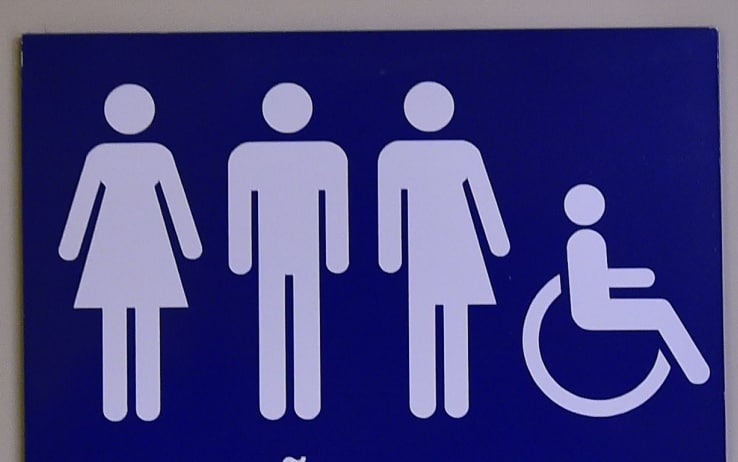On September 4th, a moment of awareness about living in harmony with one’s sexual sphere is celebrated all over the world
–
The World Health Organization has dedicated a day to happy sexuality: on September 4, the World Day of Sexual Wellbeing is celebrated around the world. Here’s what it is.
What is sexual well-being
As we read on site WHO, World Sexual Health Day is observed annually on September 4 since 2010. It is a day where sexual awareness is at the center, through events and actions promoted by the World Association for Sexual Health, a committed organization in promoting best practices for sexual health. To achieve optimal sexual health, it is necessary to have a positive and respectful view of sexuality and physical relationships, “in order to have pleasant and safe experiences, free from coercion, discrimination and violence”, explains WHO.
How to achieve sexual well-being
According to the WHO, the ability of men and women to achieve sexual well-being depends on access to understandable and reliable information about sex and sexuality; knowledge of the risks of unprotected sex; access to health care for the reproductive system; live in an environment that promote sexual well-being.
Obstacles to sexual well-being
Sexual well-being affects not only the physical sphere, but also the psychological one. For this, to achieve it, it is necessary to take into account orientation, gender identity, sexual expression, relationships and pleasure. The obstacles that can stand between a human being and his sexual well-being derive from the contraction of infections such as HIV or sexually transmitted diseases, as well as diseases related to the reproductive system such as cancer and infertility; unwanted pregnancies and abortion; sexual dysfunctions; sexual violence; violent practices such as genital mutilation.
Sexual well-being at the time of Covid-19
As we read on the portal of the World Association for Sexual Health, the new world situation linked to the pandemic from Coronavirus it requires special attention to the sexual sphere. Social distancing, isolation and hygiene measures put in place to control the spread of the virus are factors that can heavily influence the sexual and psychological sphere. Economic difficulties can also make a difference: job loss and lack of resources can threaten couple and family harmony. Discrimination of gender, race and social status, exacerbated by the pandemic, can only worsen the situation. Lockdowns have increased episodes of domestic and sexual violence, due to forced confinement at home. “Providing mental and psychological support to individuals, families, communities and work teams engaged in basic services is essential for maintaining social health and rights – explains the World Association for Sexual Health, which adds – It must be remembered that individual protection safeguards others from getting sick, that life goes on and that sexuality is an inseparable and essential part of human beings “.
– .


